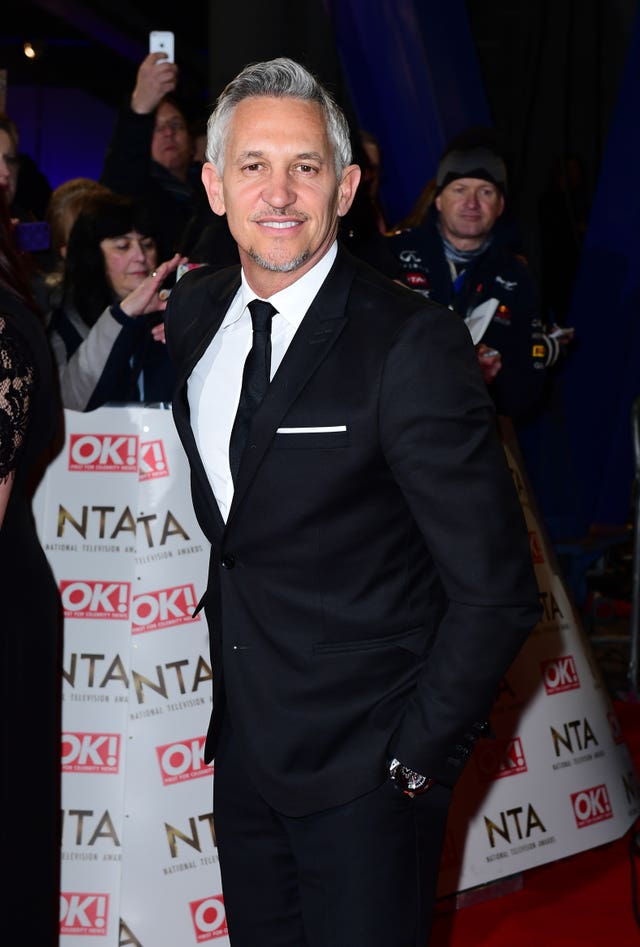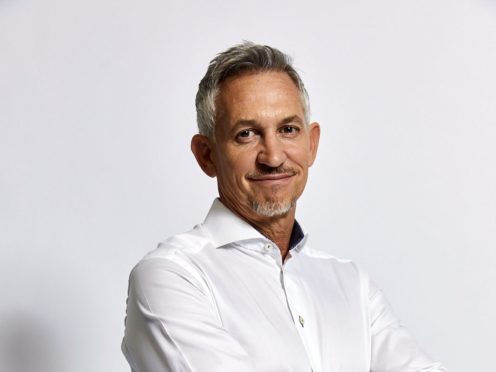Gary Lineker will ask why his grandfather was branded a “D-Day Dodger” in a new Second World War documentary for BBC One.
The Match Of The Day host’s grandfather “risked life and limb” on the front line in a key campaign in Italy.
Lineker, 58, will examine why he and his fellow soldiers were treated by some as second-class veterans.
The term “D-Day Dodger” was used for troops serving in Italy, suggesting cowardice and avoiding real combat, despite the casualties and horrors of war in the Mediterranean.
The TV presenter said: “My grandfather never talked to me about the war, but I’ve since discovered a little about what happened to him and his colleagues.
“This made me curious to discover more.
“Seventy-five years on, it’s important that we don’t forget the lessons and horrors of war.”

The presenter will uncover “heroic, deeply personal and harrowing stories”, not only of his grandfather, who was a member of the Royal Army Medical Corps, but of the men he fought alongside.
He will follow in the footsteps of his grandfather, “an ordinary man caught up in extraordinary events in the Mediterranean theatre of war”, and ask why, when “the veterans of the D-Day landings in Normandy have gone down in history as heroes … men like his grandfather were treated by some as second-class veterans, and told they had it easy”.
Gary Lineker: My Grandad’s Untold War (working title) will be a one-hour film for BBC One.
BBC content director Charlotte Moore said: “Gary is one of the country’s most popular presenters and this is a fascinating chance to explore the war through his grandfather’s unique experiences.
“This documentary will show how individuals’ lives can be changed forever by global conflicts and yet when they return home their sacrifice is too easily forgotten.”
Commissioning editor Abigail Priddle said: “So many of us have that sense of curiosity about what our grandparents did in the war.
“Following in his grandfather’s footsteps, Gary will learn more about how his family contributed to the Allies’ success in World War II and allow us all to get a greater understanding of how this conflict shaped a generation.”
